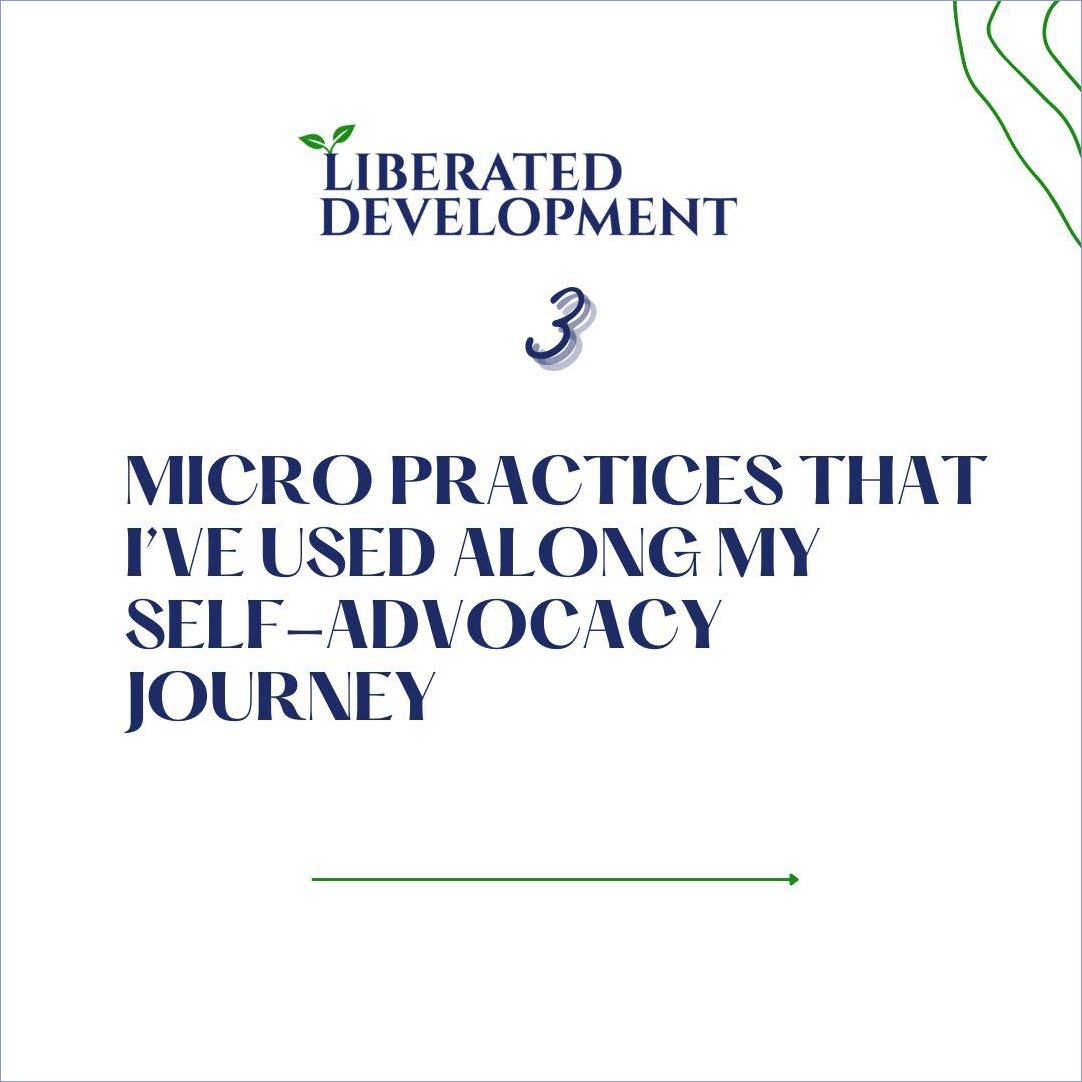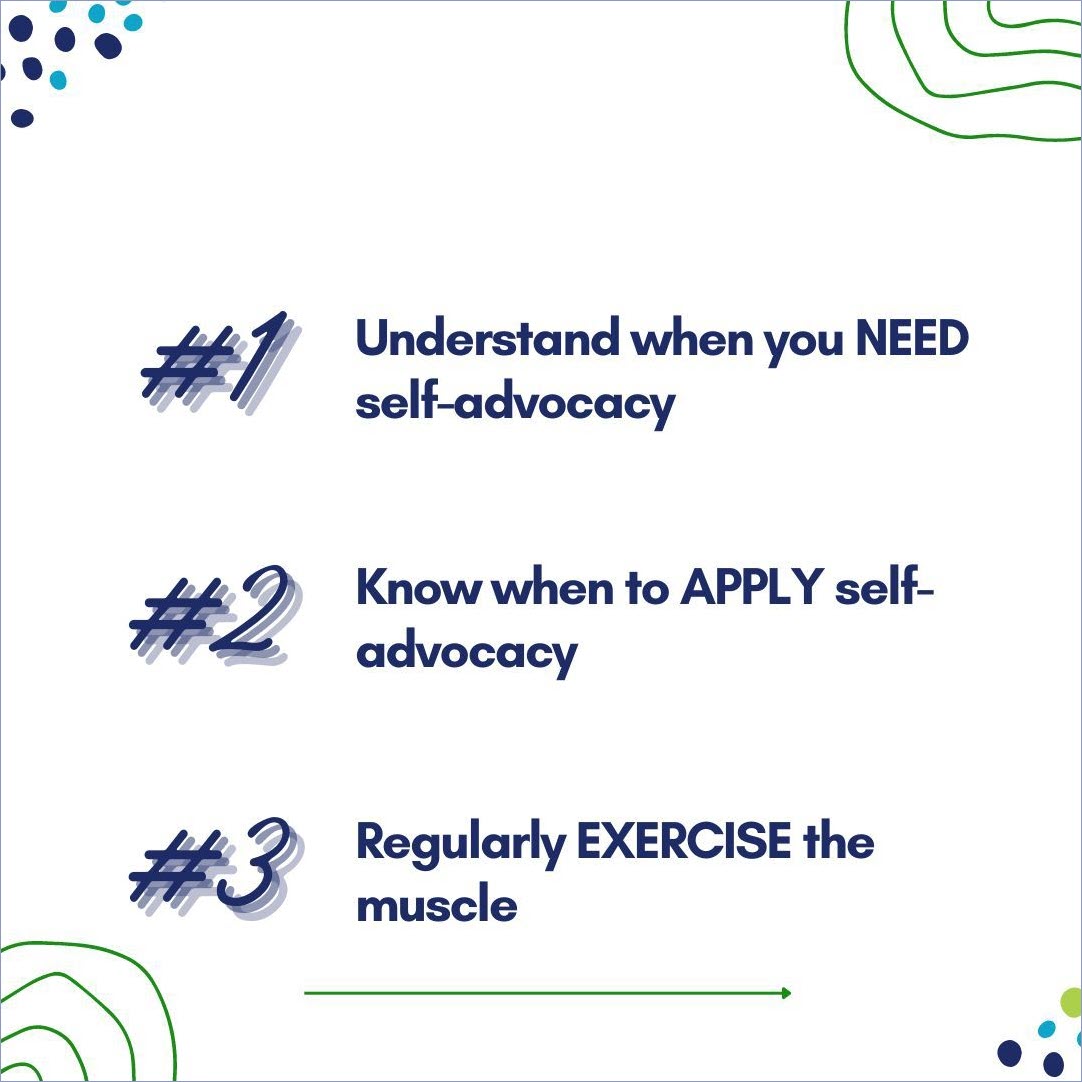from LinkedIn
I’ve recently been in a lot of conversations about the practice of self-advocacy -- a crucial component of leadership and personal growth. As it relates to race and identity, self-advocacy empowers folks to speak up for their needs within systemic barriers and discrimination that often make it difficult for us to access equitable resources and opportunities. By supporting clients on their journey to self-advocacy, I’m supporting them on the path towards operating from a place of wholeness, where they can lead more resourced and thus, more balanced. Leading from wholeness results in a sense of freedom - the freedom to show up fully in all areas of our lives and to pursue our goals without limitations.
If self-advocacy isn’t your strong suit, start small. Even the tiniest of actions ultimately helps to develop self-confidence, self-esteem, and self-awareness and builds your communication and problem-solving skills.
Here are 3 micro-practices that I’ve used along my self-advocacy journey:
- Understand when you NEED self-advocacy: Become more attuned to your own needs, emotions, values, and priorities. Are you not able to be fully present in a meeting? Maybe there is a need you have here (60 seconds to breathe, 2 minutes to refill your water. What do you need in that moment?), and use this self-awareness to make intentional choices about when and how to advocate for yourself.
- Know when to APPLY self-advocacy: Once you understand the need, use this self-awareness to make intentional choices about when and how to advocate for yourself. Maybe you make it known that you need to excuse yourself for a minute or 2 to take a bio break or to grab a water. How often have you sat through a meeting when you know a 2-minute bio break is what you need?
- Regularly EXERCISE the muscle: “Excuse me, I’m going to take a minute to refill my water.” “Please start without me, I need a quick bio break.” Whether it’s your boss or your direct report, speaking up for yourself, even in small ways, builds confidence in advocating for yourself.
By practicing even these tiny examples, you are building your self-advocacy muscle, which will help you feel more empowered to navigate life's bigger challenges as they come.



